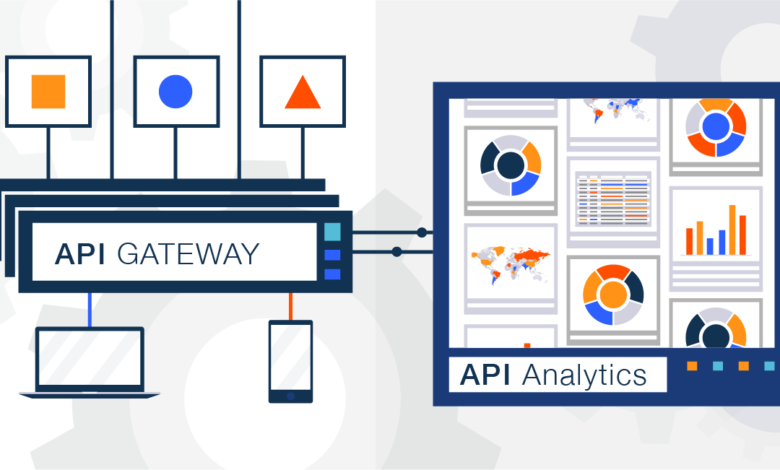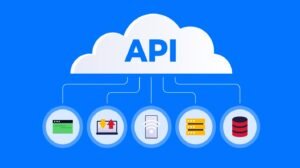APIs and API Management Overview

Do you know APIs and API Management Overview? APIs are a crucial component of software development. Developers can access the functionality, information, or capabilities of a specific operating system, platform, or service via an API, which is a collection of procedures and tools for creating software applications. They are the main method for getting data from other applications into mobile apps and websites. APIs let programmers expand their programmers’ capabilities without having to completely rewrite its core features and functionalities.
What is an API?
An API is a collection of procedures, protocols, and development resources for software applications. To access information and features from a remote application, use APIs. Healthcare and banking are just two of the many sectors that employ APIs (see, for instance, https://freecurrencyapi.com/).
A collection of guidelines used by one piece of software to connect with another is known as an API in the field of software development. The API bridge enables customers to use the services offered by the platform of another business without downloading their complete offering if they want not to. For instance, only a small amount of the Facebook code is available to you when you visit the site, allowing you to use various functions like texting friends, etc.
Read More: How to Protect Yourself Against Hackers: Internet Safety
Why are APIs important?

The API serves as the foundation for contemporary software development. Systems, services, devices, and applications can be linked together through APIs. A collection of guidelines known as an API enables communication between programmes. It can be envisioned as a translator between systems, enabling them to converse with one another in their own languages while also expressing what they require from one another.
The way you handle your APIs will determine how efficiently you can utilise them and how well you can monitor consumer usage.
Although there are many different kinds of APIs, they all have the following crucial element: – An interface for use (UI). End users communicate with the API in this manner. It could be a website or mobile app that gives users access to specific data sources or features.
What is API management?
The practise of managing APIs and all of the data associated with them, including their design, development, and deployment, is known as API management (APIM). APIM includes API governance and security. In order to verify that all components are operating consistently, it also ensures that they are in compliance with enterprise policies.
APIM tools manage all aspects of APIs, such as:
- Identification – registration of developers who want access to your API
- Authorization – defining policies for access control based on user roles or other criteria
- Publishing – publishing your API so it can be accessed by third parties
- Usage tracking – monitoring how your APIs are used by developers
Enterprises utilise API management tools to handle APIs across many platforms. In either an open or closed paradigm, they can be used to develop, publish, and manage APIs. They keep track of your API usage as well as the data and analytics it generates.
APIs are an important part of software development.
Code and data sharing is done through APIs. They are used by businesses to create new goods and services as well as by software developers to create new apps.
APIs can be either free or paid, public or private. Anyone can use public APIs, which include some well-known ones like Twitter’s API for tweet analytics and the Google Maps API for sharing locations on a map. Private APIs, such as an API for currency exchange rates, limit access to those who have been given permission by the owner of the API in order to maintain its confidentiality within an organization (for instance, at your firm).
Conclusion
APIs are becoming more and more crucial to software development as cloud computing grows. We sincerely hope that this post has provided you with a better understanding of what APIs are, why they are significant, and how you can use them to manage your own APIs.











